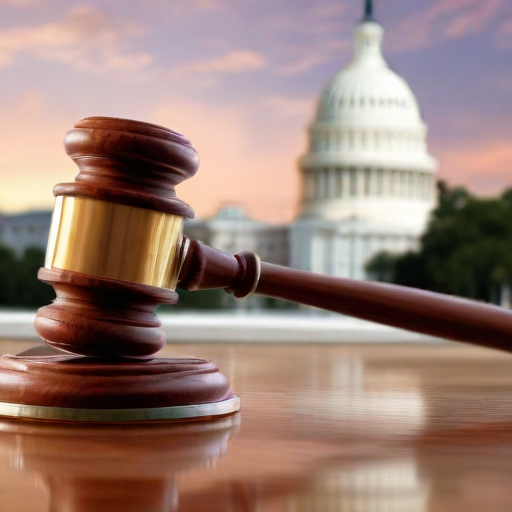In a recent bipartisan task force hearing on the assassination attempts against President-elect Donald Trump, tensions flared between Republican Rep. Pat Fallon and acting Secret Service Director Ronald Rowe. The disagreement erupted when Fallon accused Rowe of engaging in political theatrics by attending a 9/11 memorial event alongside key leaders.
As tensions escalated, Fallon presented a photo from the memorial in New York City, showcasing Trump alongside President Biden, Vice President Kamala Harris, and Vice President-elect JD Vance, with Rowe positioned behind Harris. Fallon questioned Rowe’s presence and his role in the event, which prompted an assertive reply from Rowe. He emphasized the significance of the day, reminding the committee of the importance of honoring the memory of over 3,000 lives lost in the 9/11 attacks and asserting his commitment to responsible public service.
Rowe refuted Fallon’s accusations, firmly stating that he was not politicizing the memorial event. The conversation devolved further when Fallon dismissed Rowe’s reasons, claiming they were unconvincing, and questioning the safety measures taken during the event, asserting that Rowe’s attendance potentially compromised security for the nation’s leaders.
This hearing was particularly significant following a July incident in Pennsylvania where a gunman was able to endanger Trump’s safety, highlighting critical gaps within the Secret Service’s operational effectiveness. Rowe acknowledged these failures, emphasizing the need to repair the trust regarding the agency’s capability to protect its charge.
As the task force investigation continues, both sides appear to be calling for more clarity and accountability within the Secret Service in the wake of the recent threats against political figures. Such debates underscore the importance of ensuring robust security measures for leaders and the weighty responsibility falling on agencies tasked with their protection.
This dialogue serves as a critical examination of the dynamics between political responsibility and public service. It illustrates the ongoing challenges faced by protective agencies in maintaining security while navigating the complexities of political environments. With Trump’s nomination of a permanent director anticipated in early January, stakeholders hope for a renewed focus on safeguarding public figures with the professionalism the situation demands.
In summary, this heated exchange highlights the urgent need for reform and accountability within protective services, emphasizing the delicate balance between political roles and national security. As discussions continue, there’s hope that they will lead to stronger measures that better protect leaders and reinforce public trust in security agencies.
